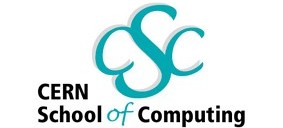|
Lecturer
|
Affiliation
|
Track
|
|
|
|
|
|
Charles Bacon |
Argonne National Laboratory, Chicago |
GT |
Grid Technologies |
| |
Charles Bacon is a member of the Globus Alliance who has delievered
GT2 and GT3 tutorials at Supercomputing, GGF, Globusworld, and other sites
around the globe. He's a co-author of several Toolkit guides and tutorials,
and an active participant in the discuss@globus.org community. |
| |
|
|
|
|
Dirk D?llmann |
CERN |
PC |
Physics Computing |
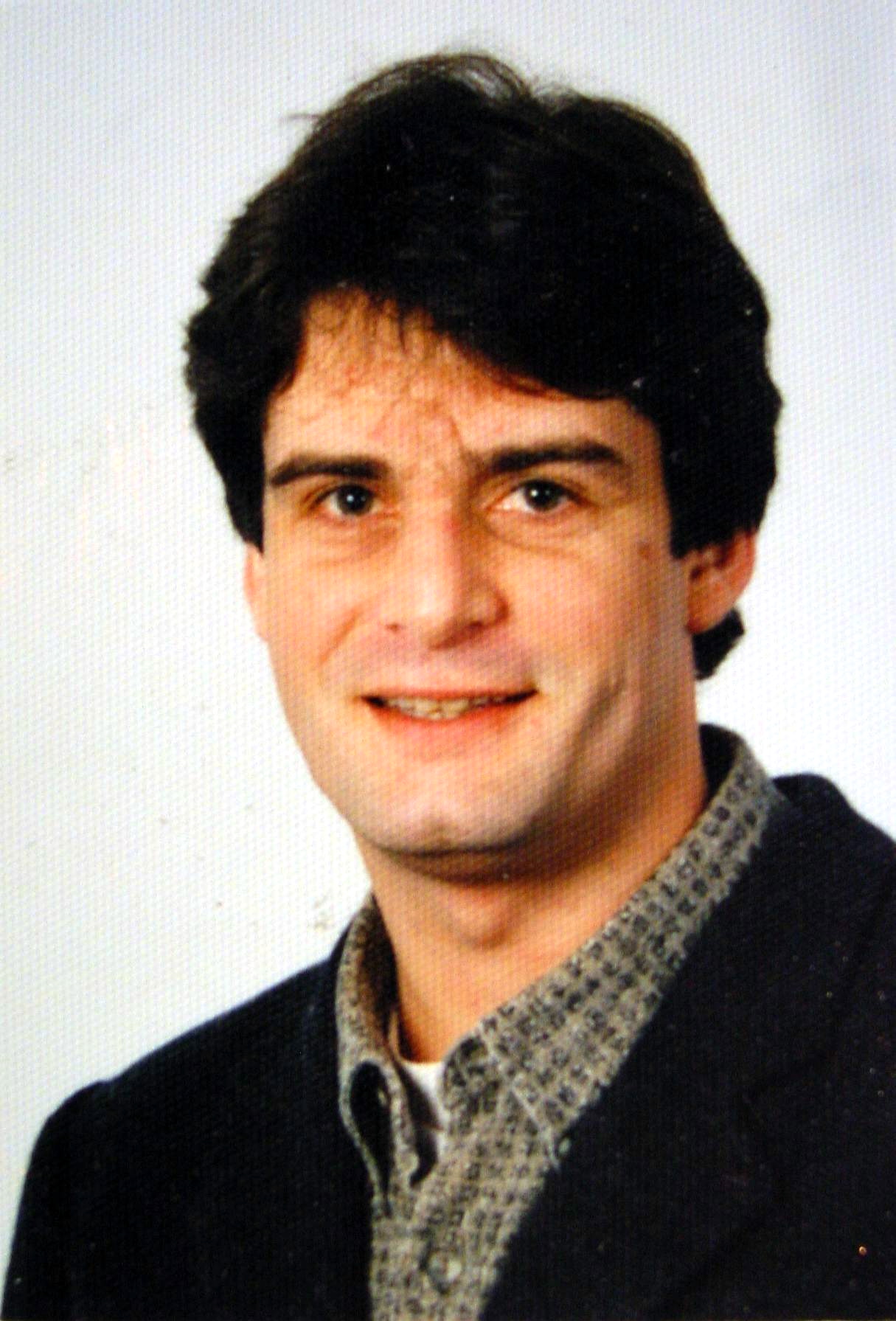 |
Dirk studied
physics and computer science in M?nster and Hamburg and worked in
several software companies on database systems and applications. After
finishing his PhD in high energy physics at the HERA experiment H1 he joined
CERN working on various project connected to object persistency and physics
data management including RD45, LHC++ and Espresso. Since 2002 he leads the LCG Persistency Framework project POOL. |
| |
|
|
|
|
Bob
Jacobsen |
University of California at Berkeley |
ST |
Software Technologies |
|
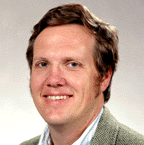 |
Bob
Jacobsen is an experimental high-energy physicist and a faculty member at the University of California, Berkeley.
He's a member of the BaBar collaboration, where he lead the effort to create the
reconstruction software and the offline system.
He has previously been a member of the ALEPH (LEP) and MarkII (SLC)
collaborations. His original academic training was in computer engineering,
and he worked in the computing industry before becoming a physicist |
| |
|
|
|
|
Fran?ois
Fl?ckiger |
CERN |
GT |
Grid Technologies |
|
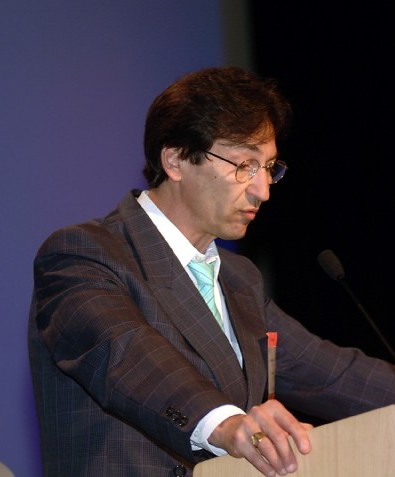 |
Fran?ois
Fl?ckiger, Director of the CERN School of Computing, is Technology Transfer
Officer for Information Technologies at CERN and Associate head of the CERN
openlab for DataGrid applications. He is also an adjunct professor of
Computer Science at the University of Geneva. Before joining CERN in 1978,
he was employed for five years by SESA in Paris. At CERN, he has been in charge
of external networking for more than 12 years and held positions in
infrastructure and application networking. He is an adviser to the European
Commission, a member of the Internet Society Advisory Council and the author
of the reference textbook "Understanding Networked Multimedia" as well as
more than 80 articles. He has 30 years of experience in networking and
information technologies. Fran?ois Fl?ckiger graduated from the Ecole
Sup?rieure d'Electricit? in 1973 and holds an MBA from the Enterprise
Administration Institute in Paris in 1977. |
| |
|
|
|
|
Rudi Fr?hwirth |
HEPHY |
PC |
Physics Computing |
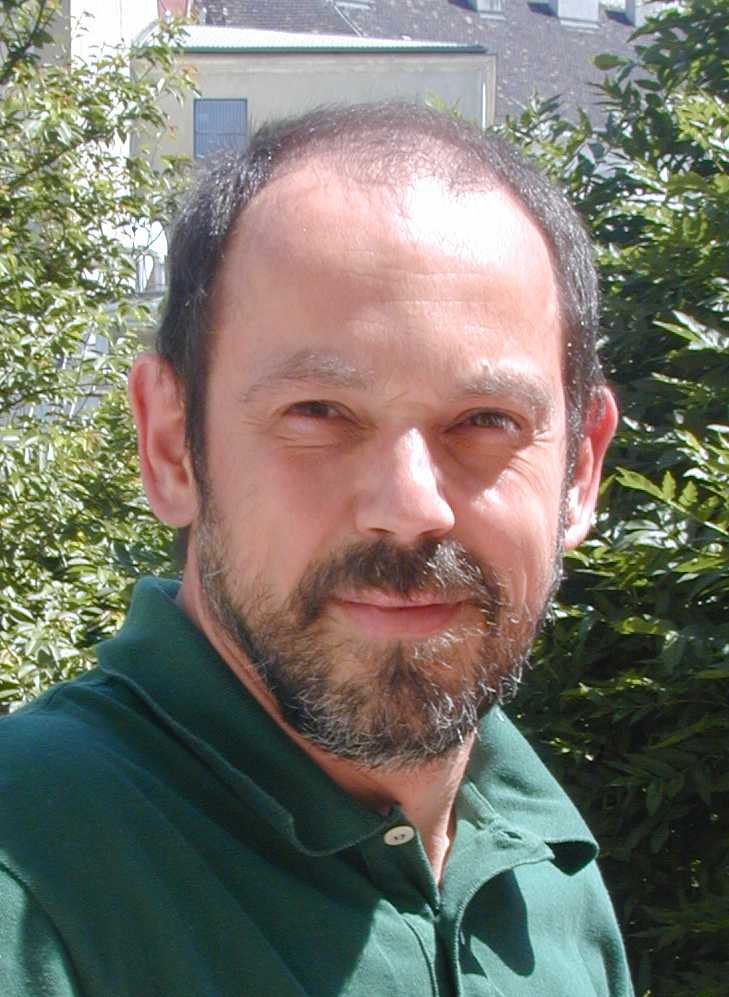 |
Rudi Fr?hwirth studied mathematics in Vienna. In 1977
he joined the Institute of High Energy Physics in Vienna, where has been
working ever since. He has developed online software, simulation software,
pattern recognition software, and track and vertex reconstruction software
for various experiments. He has taught mathematics and statistics at the
University of Economics and regularly gives courses on data analysis at the
University of Technology in Vienna. |
| |
|
|
|
|
Maria Girone |
CERN |
PC |
Physics Computing |
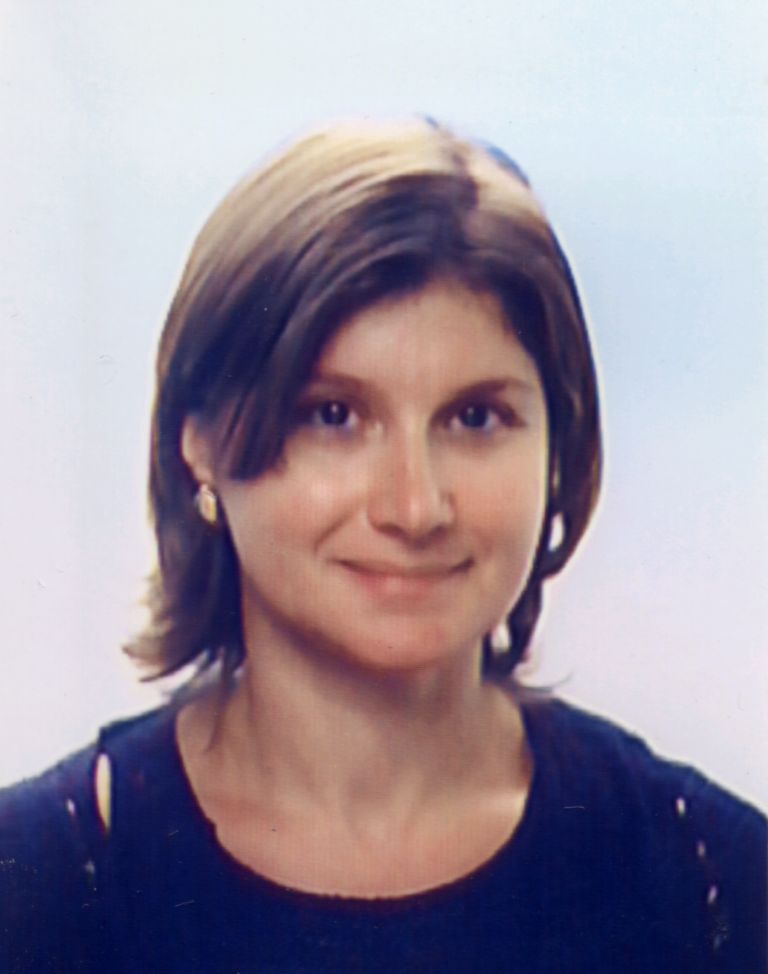 |
Maria Girone
studied physics at the University of Bari, Italy. She obtained her Ph.D in
High Energy Physics in 1993, on the CERN OMEGA/WA76 experiment. She then
joined CERN as a research fellow in the ALEPH experiment and later worked at
Imperial College, London, as a research associate. In 2001, Maria joined the LHCb collaboration, where she worked in the development of photon detectors
for the RICH system. Maria moved to the LCG project in 2002 and has been a
member of the Data Base group of the CERN-IT department since 2003. She
currently works on the LCG POOL project and is responsible for the database
and related services that the group offers to the physics community. |
| |
|
|
|
|
Erwin
Laure |
CERN |
GT |
Grid Technologies |
|
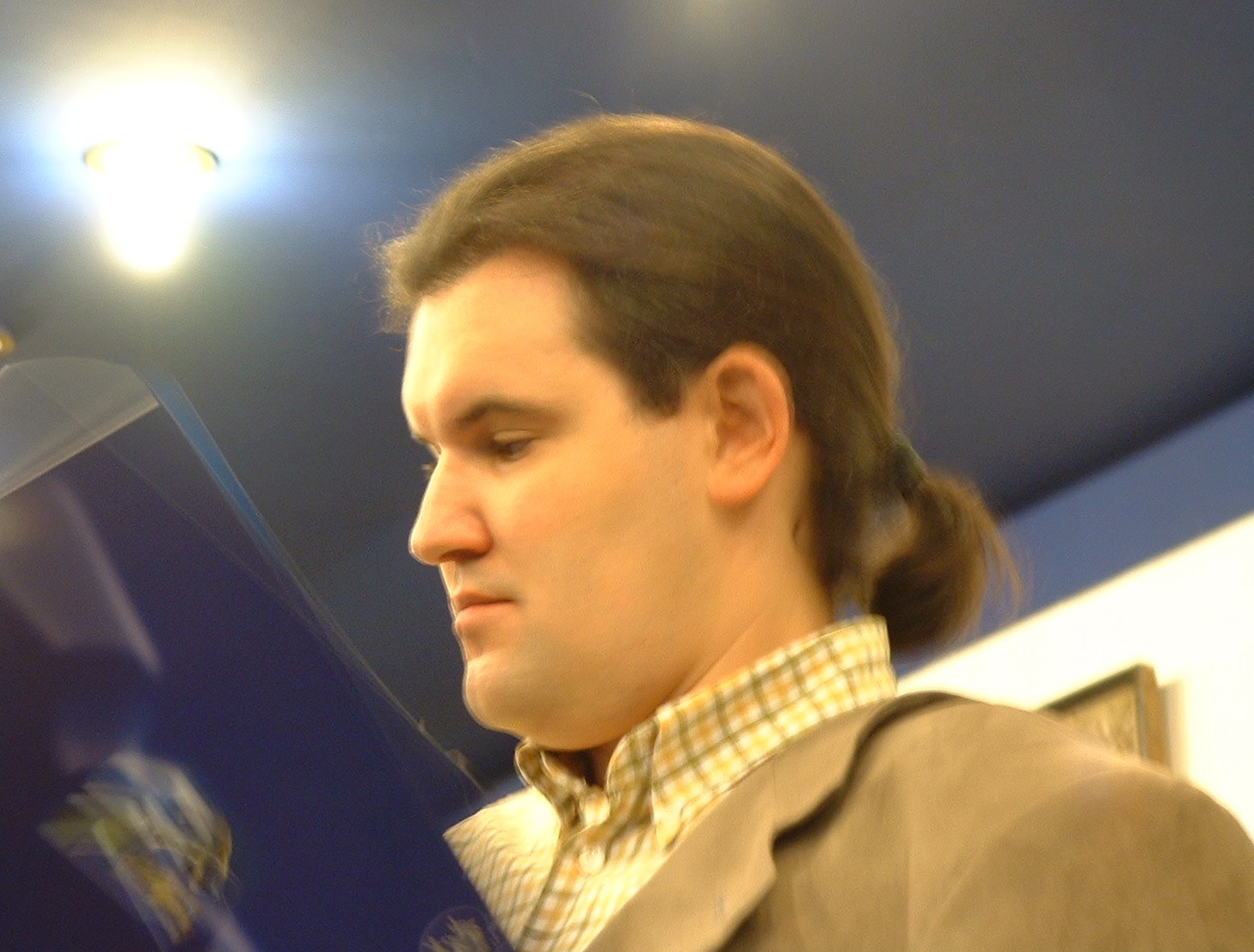 |
Dr.
Erwin Laure received his Ph.D degree in Business Administration and Computer
Science in 2001 from the University of Vienna. After working as a research
assistant at the Institute for Software Science of the University of Vienna
he joined CERN in 2002 as a member of the EU DataGrid project working on
data management issues. Since November 2002 he is the Deputy Technical
Coordinator of the EU DataGrid project.
|
| |
|
|
|
|
Martin Liendl |
CERN |
PC |
Physics Computing |
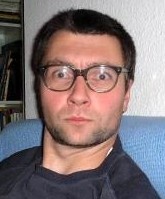 |
Martin Liendl works as a
CERN Fellow for the Compact Muon Collaboration in the experiment's Core
Computing group. There he is responsible for the Detector Description
Database and its integration to the CMS simulation package. Futhermore he
co-ordinates work related to the realization of a Conditions Database for
CMS and implements related prototypes. Martin got his Master in Physics and
has been working afterwards for several years in software industry before
joining the CERN Doctoral Student program. He then got his Ph.D. in Computer
Science from the Vienna University of Technology. After his fellowship,
Martin will again return to industry. |
| |
|
|
|
|
Alberto Pace |
CERN |
GT |
Grid Technologies |
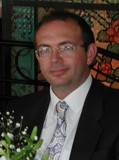 |
Alberto Pace is a member if the IT department
at CERN where he leads the Internet Services group providing Electronic
Mail, Central Web and Windows Desktops services for CERN. He has more than
15 years experience in computing services, infrastructure, software
engineering, accelerator control and accelerator operation. He graduated in
Electronic Engineering from Politecnico di Milano (Italy) in 1987. |
| |
|
|
Andreas Pfeiffer |
CERN |
ST |
Software Technologies |
|
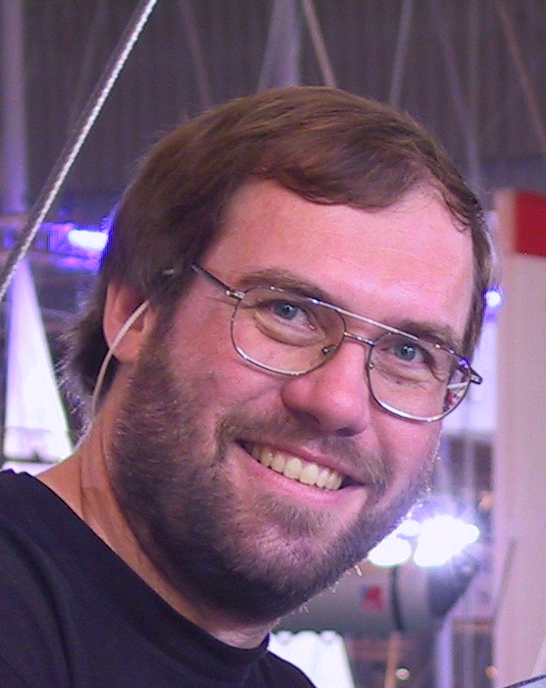 |
Andreas
Pfeiffer has studied Physics in Giessen and Heidelberg, where he got his
Ph.D. in 1988. Since then he was working until 1998 with the University of
Heidelberg on the CERES/NA45 experiment at CERN, studying the creation of
e+e- pairs in ultra relativistic heavy ion collisions at the SPS. His main
responsibilities were computing, both on-line/DAQ and offline/simulation. In
January 1999 he joined CERN to lead the Anaphe (former LHC++) project in IT
division. With the startup of the LHC Computing Grid (LCG) project, Andreas
is now working in the PI project of LCG and on analysis related issues in
the CMS experiment. |
| |
|
|
|
|
Alberto Ribon |
CERN |
PC |
Physics Computing |
| |
Alberto Ribon got his Ph.D. in
experimental high-energy physics in 1997, for the CDF collaboration (Fermilab).
Then, he worked for three years as postdoc on the software
upgrade for CDFII, mainly on Tracking and Simulation. In 2000 he moved
at RAL (U.K.) to work on the development of a new C++ Monte Carlo Event
Generator (Herwig++). Since June 2002 he is a CERN fellow, and he is
working on Geant4 and Physics Validation.
|
| |
|
|
|
|
Heinz
Stockinger |
CERN |
GT |
Grid Technologies |
|
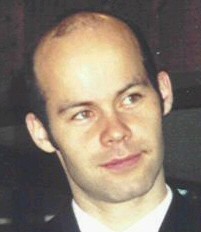 |
Dr. Heinz
Stockinger has been working in Grid projects in Europe (European
Organization for Nuclear Research, CERN) and in the U.S. (Stanford Linear
Accelerator, SLAC) for more than 4 years. Within the European DataGrid
project (EDG) he was the Education and Outreach Manager as well as
responsible for replication software in the Data Management workpackage. He
is currently also external lecturer in the University of Vienna. Heinz holds
a Ph.D. degree in Computer Science and Business Administration from the
University of Vienna, Austria.
|
| |
|
|
|
|
Paolo
Tonella |
Instituto Trentino di
Cultura |
ST |
Software Technologies |
|
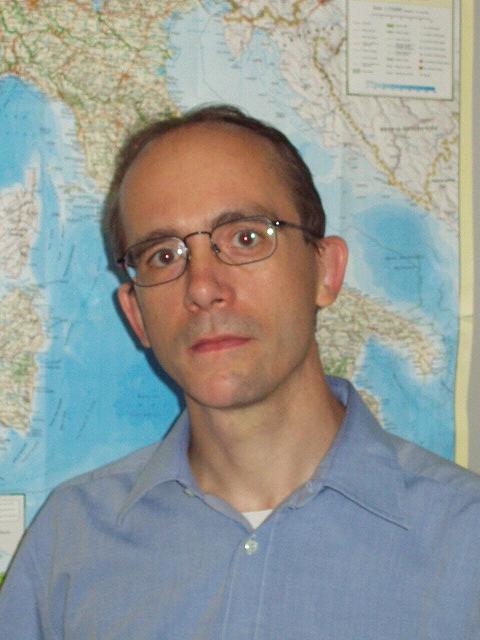 |
Paolo
Tonella received his laureate degree cum
laude in Electronic Engineering from the University of Padua,
Italy, in 1992, and
his PhD degree in Software Engineering from the same University, in 1999, with the
thesis "Code Analysis in Support to Software Maintenance". Since 1994 he has been a full
time researcher of the Software Engineering group at IRST (Institute
for Scientific and Technological
Research), Trento, Italy. He participated in several industrial and European
Community projects on software analysis and testing. He is now the technical
responsible of a project with the Alice, ATLAS and LHCb experiments at
CERN on the automatic verification of coding standards and on the extraction of
high level UML views from the code. In 2000-2001 he gave a course on Software Engineering at the University of
Brescia. Now he teaches Software Analysis and Testing at the University of
Trento. His current
research interests
include reverse
engineering, object oriented programming, web applications and static code analysis. |
